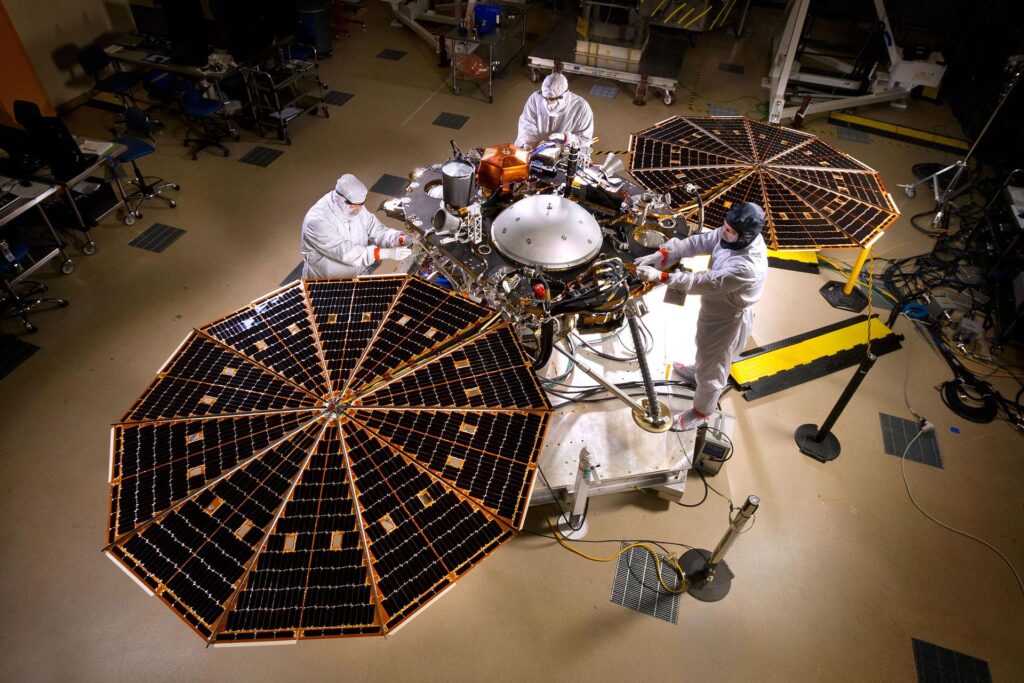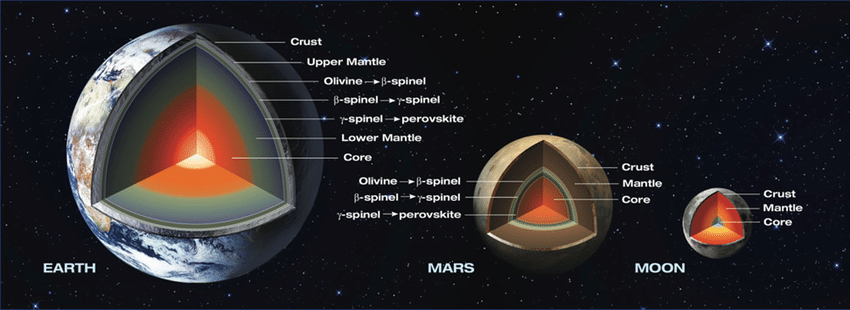
Marsquakes are seismic events that occur on Mars, similar to earthquakes on Earth, but with some significant differences due to Mars’ distinct geology and atmosphere. These quakes can provide valuable insights into the interior structure and geological activity of Mars. They occur when the planet’s crust releases energy, either from tectonic plates grinding against each other or from volcanic activity. However, Mars does not have tectonic plates like Earth; instead, its crustal movements result from volcanic activity and the cooling and contracting of the planet over time.

The study of marsquakes is relatively new, with the most significant data coming from NASA’s InSight lander, which landed on Mars in November 2018. The InSight mission is equipped with a highly sensitive seismometer, SEIS (Seismic Experiment for Interior Structure), designed to detect marsquakes and other ground movements. This instrument allows scientists to probe the interior of Mars by analyzing how seismic waves travel through the planet.
Marsquakes can range in strength. While many are too weak to be felt by a human standing on the Martian surface, some are strong enough to significantly aid in understanding Mars’ internal structure. By studying these seismic events, scientists can learn about the composition of Mars’ core, mantle, and crust, including the thickness of these layers and their physical states.
Analysis of marsquake data has led to several discoveries, including the detection of hundreds of seismic events, some of which suggest Mars is more geologically active than previously thought. The findings from marsquake studies are crucial for understanding Mars’ geological history, internal heat flow, and the planet’s evolution over billions of years.

Marsquakes also differ from earthquakes in their frequency and intensity, largely due to Mars’ colder and more rigid crust, as well as the absence of water in its crust, which on Earth plays a crucial role in facilitating seismic activity. The study of marsquakes not only enriches our knowledge of Mars but also enhances our understanding of planetary science as a whole, offering insights into the seismic activity on other celestial bodies.


